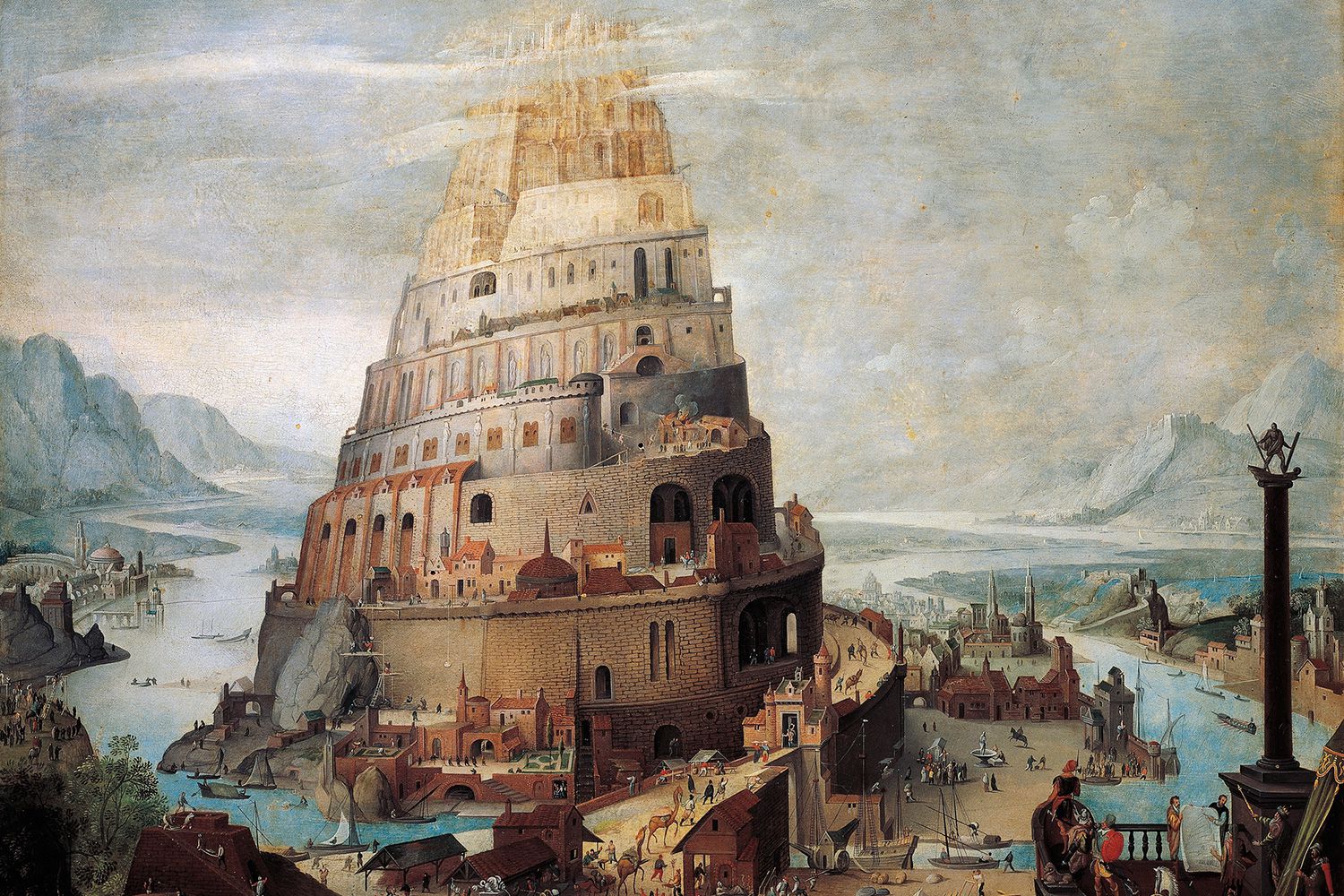
Language is a reflection of culture
There’s a certain wilderness to innate thought that we will never be able to capture. This is because our own thought has been tamed and civilized by language. Our thought has become structured, formed by the sounds and shapes of words.
Language seems so intimate to us and visceral to our life experiences. Indeed, it is hard to differentiate language from thought. They seem so interchangeable, but they are not. There’s a difference between what is innate to us and what is not, between what is universal and what is learned.
Language is learned. It gives voice to our thoughts. It is a liberator, allowing our thoughts and feelings to escape the vicinities where they were concocted, felt and communicated to the world. We take language to be our own but we forget that it never was, and even as it releases our minds from inner silence, it constricts our thoughts to the molds of a particular language’s grammar logic and sentence structure. Learned rules that are not your own.
Language is a building block. It might seem the most infantile building block, but it is one nonetheless. The untrained brain, that is, the mind without language, is but the map of a virgin rainforest, untouched by humans and living by its own rhythm. A language of its own, we might like to say, except it has none. It is the absence of language; nothing about it is learned.
What do these blocks build up to? Culture. Language is the collective brain of an entire people, and as a young infant learns a language, she becomes one more link in that particular network of human ingenuity.
French is subtle. Its tones and accentuations are soft and smooth, like the creamy pastries and soups its cuisine is celebrated for. Its flow is legato, like simmering melodies or the brushstrokes of a lily pad pond on an impressionist canvas.
Learn more about this topic by reading this article on Daily Trojan.
After reading “Language is a reflection of culture” you can check important issues for ESL teachers on the section PDFs.
